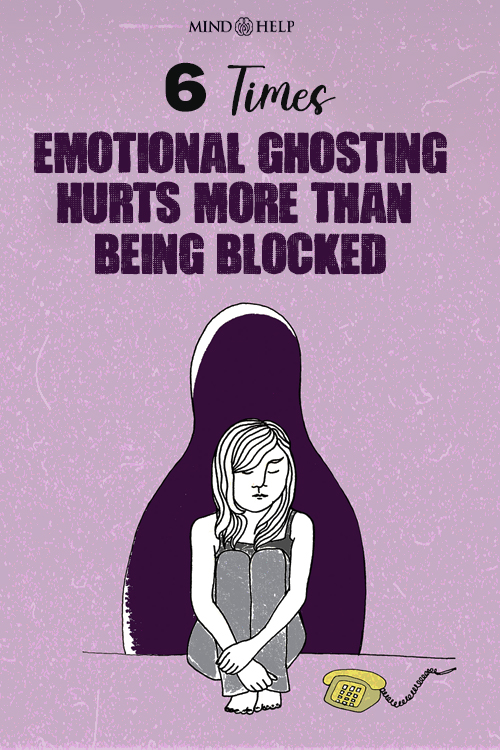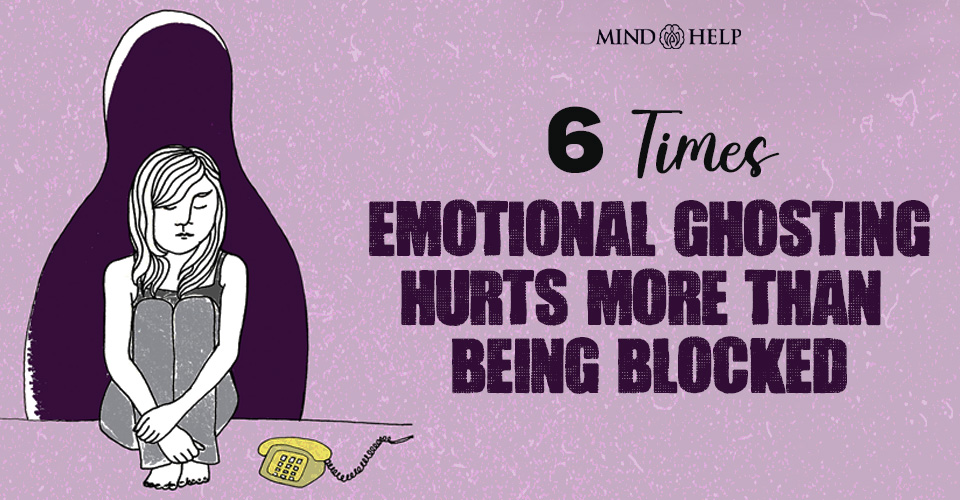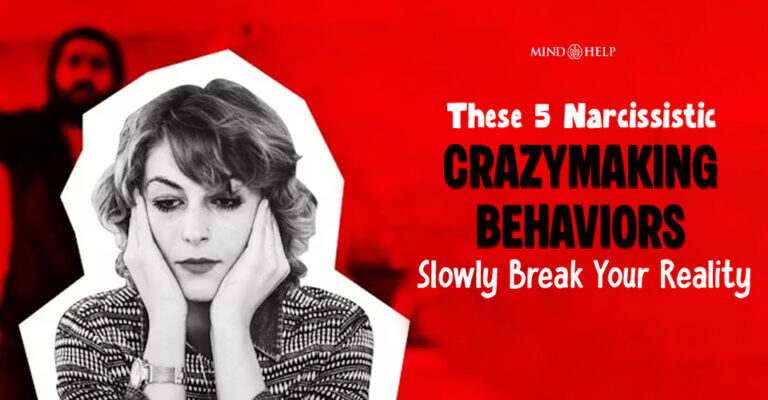Emotional ghosting is one of those heartbreaks that doesn’t come with a breakup text, it just happens. One day they are laughing with you, and the next, it feels like you are talking to a stranger who wears your partner’s face.
It’s that quiet emotional withdrawal no one warns you about; the emotional disconnect in a relationship that makes you feel invisible while still being loved “enough.”
The worst part? You can’t prove it’s happening.
Today, we are going to talk about the real signs of emotional ghosting, what drives an emotionally unavailable partner, and how to heal from love that slowly disappears.
Related: 6 Signs Of Emotional Unavailability
What Is Emotional Ghosting?
Emotional ghosting is the emotional version of someone walking away but keeping their name on your doorbell. They are still physically around, maybe replying to your messages, making plans, or sharing the same space, but inside, they are gone.
There’s an emotional withdrawal so quiet that you can’t tell when it began, but one day you realize you are the only one still trying.
Unlike traditional ghosting, which is sudden and obvious, emotional ghosting is sneaky. It’s a slow fade of feelings, attention, and vulnerability. One day they were laughing with you, and now they are scrolling on their phone, detached and distant.
You sense it in their silence, in how their eyes don’t meet yours anymore, and in how conversations feel forced.
This isn’t always intentional. Sometimes it’s a sign of deeper issues, like emotional exhaustion, avoidance, fear of intimacy, or being an emotionally unavailable partner who doesn’t know how to handle closeness without shutting down.

6 Signs of Emotional Ghosting
1. They are physically present but emotionally absent.
They are still around, watching TV with you, sitting at the dinner table, but the energy is off. Conversations feel one-sided, hugs feel cold, and you can’t remember the last time they asked how you were really doing.
This kind of emotional disconnect in a relationship is painful because it tricks you into thinking you are not trying hard enough.
But the truth is, they have emotionally checked out. You are having dinner with a shell of the person you once knew, and that hurts more than being left.
2. Communication has slowly turned very surface-level.
This is one of the biggest signs of emotional ghosting.
Once upon a time, you could talk about anything. Now, every conversation feels like a business transaction. They reply, but it’s short. You ask how their day was, and all you get is a “fine.”
The depth is gone – no more late-night talks, no more emotional intimacy. This emotional withdrawal makes you feel like a stranger in your own relationship.
It’s not about the number of words exchanged; it’s about the lack of connection behind them. When someone emotionally ghosts you, they stop communicating feelings and start giving you answers.
3. They avoid emotional topics.
If you try to bring up how distant they have become, you will notice they will try their best to avoid the conversation. Either they are “too tired”, “busy”, or “not in the mood to talk.”
They might even accuse you of being dramatic or overthinking. Avoidance becomes their defense mechanism. Emotionally unavailable partners often ghost emotionally because they don’t know how to process discomfort or vulnerability.
They will dodge any emotional conversation like it’s a trap, leaving you confused and lonely. You start to shrink your needs to keep the peace, and that’s when emotional ghosting takes a heavy toll on your mental peace and self-esteem.
4. You feel the energy shift.
Energy can never lie. You can feel when someone’s pulling away – the texts are shorter, their tone colder, their laughter rarer. You sense it before you can explain it. Emotional ghosting is often unspoken, but the energy shift says everything.
You start replaying old memories, wondering when things changed. This emotional disconnect in a relationship can make you spiral into self-doubt; you ask yourself if you said something wrong, or became “too much.”
But this shift usually says more about their inner walls than your worth.
Related: 7 Essential Psychological Truths About Ghosting
5. Affection feels forced or mechanical.
One of the major signs of emotional ghosting is this right here.
They still hug you, maybe kiss you goodnight, but it feels like muscle memory – not desire. There’s a mechanical rhythm to their affection, a politeness in their love.
You crave genuine warmth, and you miss that spark that once made everything feel alive. Emotional withdrawal often shows physically, in the form of less eye contact, less touch, and less effort.
When someone emotionally ghosts, they stop feeling their affection and start performing it. You can’t fake emotional presence, and deep down, you can tell the difference.
6. You are the only one trying to fix it.
You bring up the emotional distance, they brush it off. You plan things to reconnect, they cancel. You send long messages hoping to make things better, they reply with a thumbs-up emoji. It’s so bloody draining, isn’t it?
Emotional ghosting often leaves one person doing all the emotional labor; trying to resuscitate a connection that the other person isn’t even fighting for.
When the balance tips this way, the relationship stops being a partnership and turns into emotional survival mode. You find yourself begging for crumbs of effort from someone who has already abandoned you emotionally.

Is There Any Hope of Coming Back From This?
Sometimes, yes – but only if both people want to reconnect. Emotional ghosting doesn’t always mean that the relationship is done and dusted; it might mean one or both partners are emotionally burnt out or avoiding vulnerability.
If the emotionally unavailable partner is willing to open up, ask for help, or work on rebuilding emotional safety, saving the relationship is possible.
However, if you are the only one trying, no amount of patience will bring them back. You can’t pull someone out of emotional withdrawal if they don’t want to feel again.
The best thing you can do is protect your energy, stop chasing clarity from someone who’s already disconnected, and focus on your own healing.
Ask yourself: Are you loving the version of them who’s here now, or are you holding on to the memory of who they used to be? That question alone can change everything.
Bottomline
Emotional ghosting hurts because it’s an invisible kind of heartbreak; a breakup without closure, a goodbye without words. It’s being with someone who’s there in body but gone in spirit.
But remember this: someone’s emotional disconnect in a relationship isn’t proof that you are unlovable. Rather it’s proof that they are struggling to connect with you.
Related: Why You Keep Falling For Emotionally Unavailable Men: 6 Reasons
You deserve more than halfway love or half-hearted presence. If someone’s emotional withdrawal is making you question your worth, it’s time to choose yourself.








